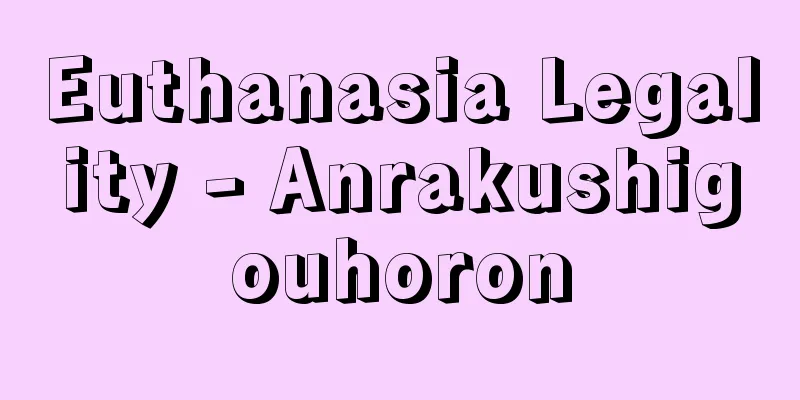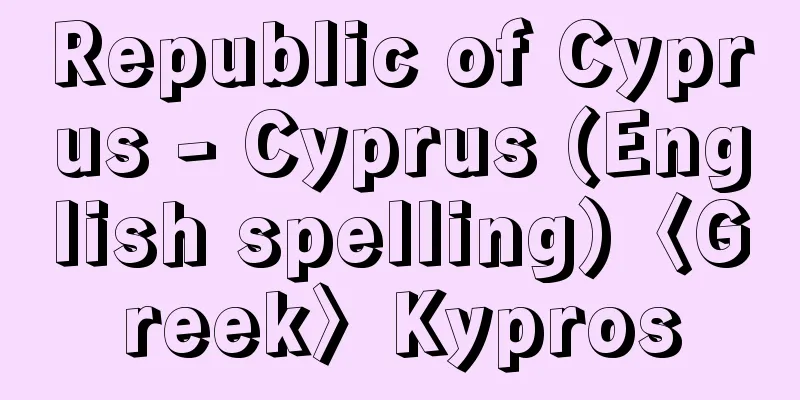Amnesia - Kenbo

|
A type of quantitative disorder of memory, in which one cannot remember events from a certain period of time in the past, or certain specific events. It is commonly known as amnesia. The complete lack of recollection for a certain period of time is called global amnesia. The complete lack of recollection for a certain period of time is called partial amnesia, and the part that can be remembered at that time is called an island of memory. Amnesia is often seen after acute impairment of consciousness, and the inability to remember events going back to the period before the onset of consciousness is called retrograde amnesia. Amnesia during the period of impaired consciousness is called simultaneous amnesia. Amnesia after regaining consciousness is called anterograde amnesia, which is a memory disorder. Selective amnesia is when you can't remember certain things (people, places, foreign languages, etc.). A special case of selective amnesia is when you forget everything about yourself, such as your name, address, and career history, and don't know who you are. Amnesia can be classified as organic or psychogenic, depending on the cause. Organic amnesia can be caused by brain trauma, cerebrovascular disease, encephalitis, carbon monoxide poisoning, alcohol poisoning, epileptic seizures, etc. Psychogenic amnesia is caused by psychological causes (such as shock), and there is also hysterical amnesia (dissociative amnesia). People tend to forget things that are inconvenient or unpleasant for them. Psychoanalysis (Freud) explains forgetting as a mechanism of repression, and there can also be cases where a memory from childhood cannot be remembered and is covered up by another memory (concealed memory). [Masahiro Asai] [Reference] | |Source: Shogakukan Encyclopedia Nipponica About Encyclopedia Nipponica Information | Legend |
|
記憶の量的障害の一種で、過去のある一定期間のできごと、またはある一定の事柄に限って思い出せない場合をいう。俗に健忘症ともいう。ある期間全部の追想欠如を全健忘という。部分的な期間の追想欠如を部分健忘といい、その際に思い出せるところを記憶の島という。健忘は急性の意識障害のあとによくみられるが、意識障害を生じる以前の期間にまでさかのぼって思い出せないことを逆向(ぎゃっこう)健忘という。意識障害期間中の健忘は同時健忘とよぶ。意識回復後の健忘を前向(ぜんこう)健忘というが、これは記銘障害のことである。 ある特定の事柄(人、場所、外国語など)だけを思い出せない場合を選択健忘という。その特殊なもので、自分の名前や住所、経歴など自分自身に関することをすべて忘れてしまい、自分がだれだかわからないという場合が全生活史健忘である。 健忘にはその原因により、器質健忘と心因健忘がある。器質健忘は脳外傷、脳血管障害、脳炎、一酸化炭素中毒、アルコール中毒、てんかん発作などにより生じうる。心因健忘は心理的原因(ショックなど)によるもので、ヒステリー性健忘(解離健忘)もある。自分に不都合なこと、嫌なことは忘れられやすい。精神分析(フロイト)では忘却を抑圧の機制などで説明しており、幼児期の記憶が思い出せずに別の記憶で覆い隠されている場合(隠蔽(いんぺい)記憶)もありうる。 [浅井昌弘] [参照項目] | |出典 小学館 日本大百科全書(ニッポニカ)日本大百科全書(ニッポニカ)について 情報 | 凡例 |
Recommend
The Happiness and End of King Ottokar
…His masterpieces, Sappho (1818), the trilogy The...
Quimper - Quimper (English spelling)
The capital of Finistère department in western Fr...
Si-Wang-Wu-Yun (English name)
The six painters who inherited the orthodox lineag...
Cranach, L. (son) (English spelling) CranachL
…German Renaissance painter. Born in Kronach in U...
eustatic movement
…Also called sea level change, it refers to the p...
Heat urticaria - urticaria
... It is not uncommon for urticaria to be caused...
Mark Andreevich Natanson
1850‐1919 Russian Narodnik revolutionary. Born int...
Miwa Juso - Miwa Juso
Politician. Born in Fukuoka Prefecture on Decembe...
Eberhard I
… [history] During the High Middle Ages, up until...
Petrarch - Francesco Petrarca
Italian poet and pioneer of Renaissance humanism....
Imajuku (Saitama) - Imajuku
...Fuefuki Pass at the northern end is a key poin...
Cermak, J.
…A Central European republic that existed from 19...
Palmier
...Add the flour and mix lightly, then transfer t...
Peter and the Wolf - Peter and the Wolf (English) Петя и Волк/Petya i Volk Russian
This is an orchestral piece with narrator (opus 6...
Lichtenstein, A.
...The series of poems by Heim, which visualized ...




![Hawaii [State] - Hawaii](/upload/images/67cc93d0ba354.webp)




